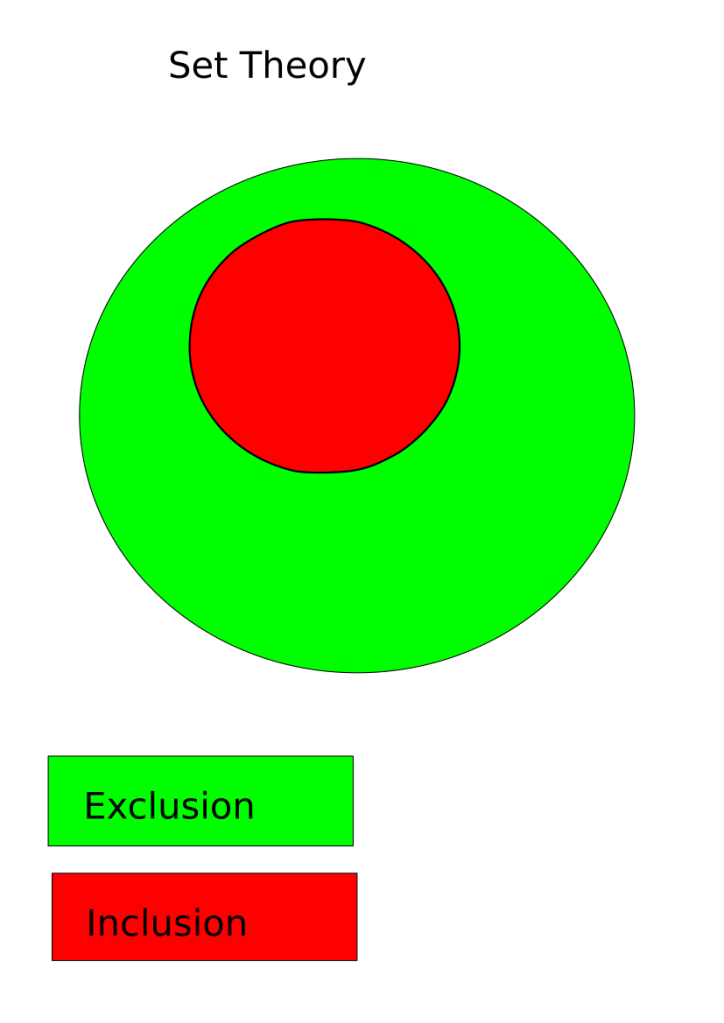Citizenship Amendment Act: Why you need religion as a label to define and identify cruelty?
Citizenship Amendment Act, 2019 is providing a path to Indian citizenships to persecuted Hindu refugees. As a secular country, how it matters, one is Hindu, Muslim or any other religion.
Can't we coin the draft something like this:
Anyone who is prosecuted based on religion and has spent a minimum of 5 years in India can apply for citizenship. You can get your citizenship after the evaluation of the authenticity of your appeal.
It's a suggestion, and can also be further improved.
Policies are the mental models, it gives the guidance of how we think and operate, it should be precise and unambiguous without room for confusion, and should give an objective truth that doesn't change with time.
Allowing citizenship based on religion generates wrong mental models, and creates uncertainty for other religions. The first principle is don't allow cruelty, it doesn't matter whether you are Muslim or Hindu. Now, Hindus are being prosecuted by some Muslim countries, you never know in the future, it can be people with some other religion or way of living.
This is the definition of Refugee.
A refugee is someone who has been forced to flee his or her country because of persecution, war or violence. A refugee has a well-founded fear of persecution for reasons of race, religion, nationality, political opinion or membership in a particular social group. Most likely, they cannot return home or are afraid to do so. War and ethnic, tribal and religious violence are leading causes of refugees fleeing their countries.
https://www.unrefugees.org/refugee-facts/what-is-a-refugee/
How refugee of one religion is different from refugee from other religion? Is it not utter discrimination and bias towards a particular religion (e.g. Muslims here). Isn't it unscientific to label and include people based on religion, where all refugee have the same or similar problem?

The law can also be interpreted as it creates a cutoff of 31st Dec, 2014, and law becomes inoperative after the date, and it decreases that lengthy time for getting citizenship for these religions. But the bias towards Muslim is apparent here.
Yes, they all will go through the process, irrespective of religion, there are lots of technicalities involved in it. It's the process that creates trouble, and the draft does nothing about it. The draft is unnecessary and meant to build chaos and confusion, instead, they should be busy planning and streamlining the process, defining the steps, using technology to increase efficiency, understanding their problem, if they are really interested in well being of Hindu or Muslim or any refugees. People are not going to get a good living just by getting citizenship.
If we had a fair democracy led by scientists and researchers, such law would never have made, and if there were a problem, it would have revised within an hour or kept in hold for collecting further evidence and solutions.
https://iambrainstorming.wordpress.com/2019/01/09/from-hypocrisy-to-democracy-this-way-delegated-proof-of-stake-2/

Comments
Post a Comment